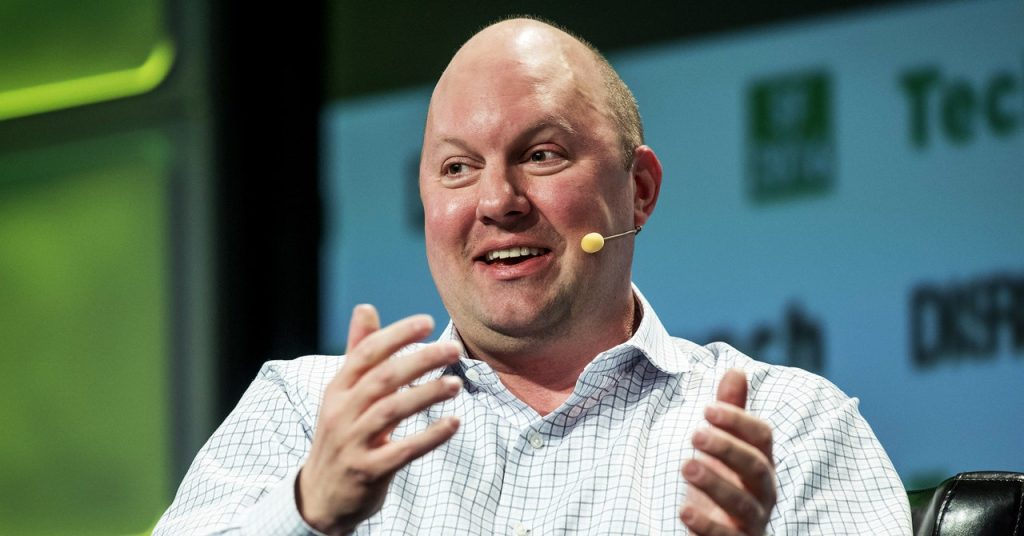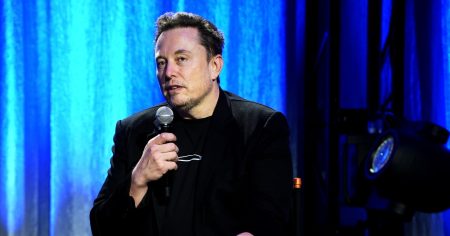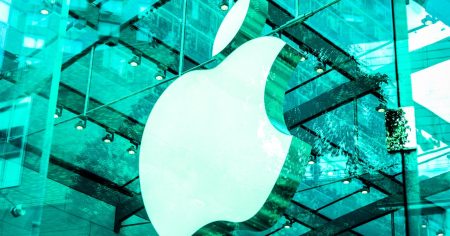As a general rule, any essay that includes the one-sentence paragraph “I am here to bring the good news” is written by someone who wants to take your money, your vote, or your soul. As far as I know, Marc Andreessen, the browser pioneer and cofounder of powerhouse VC firm Andreessen Horowitz, isn’t running for office. But the Techno-Optimist manifesto he posted this week (it’s a habit with him) is definitely bullish on inflating his already bloated wallet—and narrowing the broad arc of human existence with a relentless pursuit of new and even risky technology.
Andreessen’s bolt from late-stage capitalism’s Mount Olympus—Silicon Valley’s Sand Hill Road—landed this week to a mixture of kudos and outrage. He posits that technology is the key driver of human wealth and happiness. I have no problem with that. In fact, I too am a techno-optimist—or at least I was before I read this essay, which attaches toxic baggage to the term. It’s pretty darn obvious that things like air-conditioning, the internet, rocket ships, and electric light are safely in the “win” column. As we enter the age of AI, I’m on the side that thinks that the benefits are well worth pursuing, even if it requires vigilance to ensure that the consequences won’t be disastrous.
But Andreessen’s screed isn’t just about how great it is that we humans are a tool-building bunch. It’s also an over-the-top declaration of humanity’s destiny as a tech-empowered super species—Ayn Rand resurrected as a Substack author. “Technology must be a violent assault on the forces of the unknown, to force them to bow before man,” he writes. “We believe that we are, have been, and will always be the masters of technology, not mastered by technology. Victim mentality is a curse in every domain of life, including in our relationship with technology—both unnecessary and self-defeating. We are not victims, we are conquerors.” (The italics are his.) If this essay had a soundtrack it would be Wagner’s “Ride of the Valkyries.” Andreessen might have missed out on making an early investment in Uber, but he’s all-in on the Übermensch. He even cites Friedrich Nietzsche as one of his “Patron Saints of Techno-Optimism.”
Perhaps a better title for this essay would be “The Techno-Billionaire Manifesto,” as it attempts to justify not only an unquestioning pursuit of technology but the late-stage capitalism that provides out-of-whack rewards for the system’s winners—like Andreessen. In his argument, the market-based “Techno Capital Machine” is the infallible generator of merit and production. Never mind the astonishing income inequality that has dragged the world down and fomented destructive political unrest. Money, proclaims Andreessen, is the only motivator capable of producing the giant technological leaps that advance humanity. This will be news to the inventors of the internet, who were civil servants and academic geeks with zero profit motive. In fact, for many years they were adamantly opposed to any commercialization whatsoever.
Andreessen does proclaim that he opposes monopolies and regulatory capture. Maybe he believed that when his browser company Netscape was buried by Microsoft. But that’s a hollow declaration from someone who’s sat on the board of Facebook, now Meta, for 15 years. I’d love to peek at the minutes to see how often he has inveighed against monopoly and lobbying in board meetings.
Andreessen argues that advanced technology creates abundance that lifts all humans. “We believe there is no conflict between capitalist profits and a social welfare system that protects the vulnerable,” he writes. But though he might not perceive it from his home in Atherton, California—the country’s richest zip code—the country he lives in presents a counterargument. While the US has the most advanced technology in the world, the life expectancy of its citizens has dropped. Surely he knows of the homelessness problem in America’s cities, most glaring in nearby San Francisco? He might even have read that the vast majority of average Americans can’t afford to buy a home, and that 40 percent would struggle to cover an unexpected $400 expense. The Techno-Capital machine doesn’t seem to be working for them. But don’t worry—Andreessen cites an Andy Warhol quote celebrating how well our system works because poor people and rich people alike can enjoy a Coca-Cola. Let ’em drink sugar water!
Read the full article here









